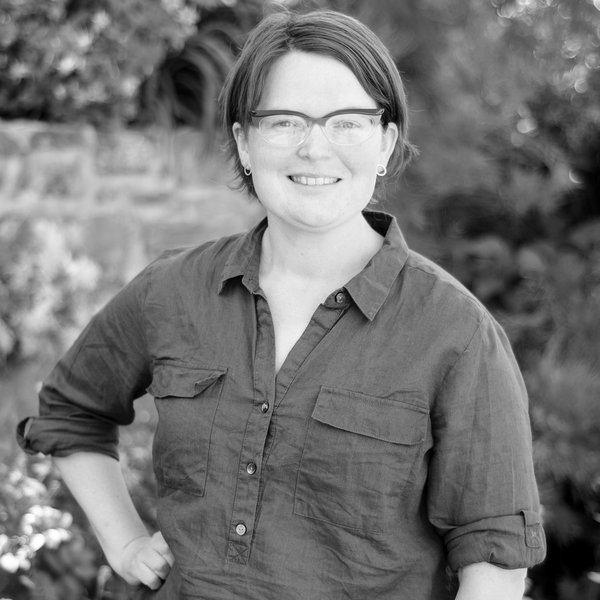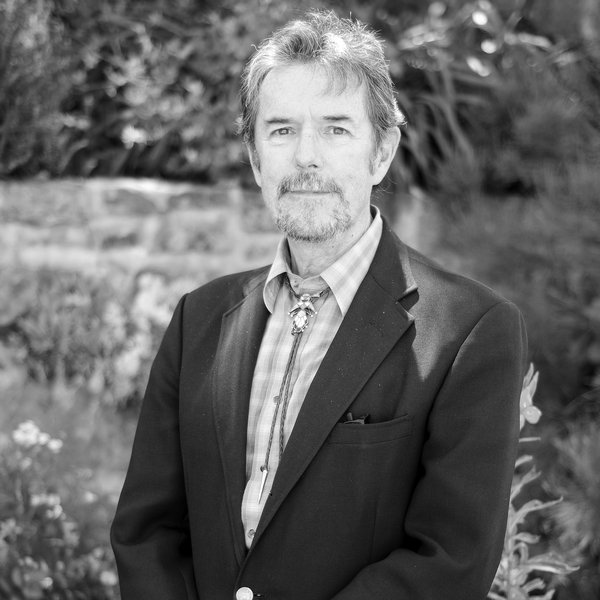
Lindsay A. Bell
2013 Christopher Smeall Summer Scholar
When Diamonds Aren’t Forever: An Ethnography of Tomorrow Making in Canada’s Industrial Sub-Arctic
Dr. Bell’s research examines how competing resource temporalities take shape in state policy, popular culture, and everyday practice in Canada’s Diamond Basin. In the early 2000s, natural resources in general, and diamonds in particular, were discussed as either a cure to diminish Aboriginal poverty, or as a curse that would extend the history of colonialism and exploitation. What the curse/cure debates overlook are the intricate ways in which the people most directly affected by mining projects orient to the promises, fulfilled and not, of resource development, and how, in turn, these promises shape what kinds of imagined future are possible. While at SAR, Dr. Bell will work on an article-length manuscript, ”‘Set for Life’: Registers of Responsibility in Canada’s Diamond Basin,” which tracks how industry training programs attempt to socialize Aboriginal residents into specific resource temporalities and the multiple ways in which trainees embrace, reject, and reconfigure them in light of their own circumstances, histories, and desired futures.
Affiliation at time of award:
Postdoctoral Scholar
Women and Gender Studies Institute
University of Toronto

Susan E. Bell
2013 Ethel-Jane Westfeldt Bunting Summer Scholar
Permeable Hospitals, Transnational Communities: A Global Hospital Ethnography in Maine
Dr. Bell’s project studies the circulation and transformation of medical knowledge and practice by investigating encounters between immigrant patients and medical, nursing, and clerical staff in a U.S. hospital. It involves entering a Maine hospital, following adult immigrant patients and their interpreters through two outpatient clinics, and seeing what happens along the way. It combines ethnography with narrative analysis. It focuses on what stories are being told, who is listening, and what tellers and listeners convey about transnational communities and the circulation and transformation of biomedical knowledge. It also focuses on the emplacement of stories—how the physical space, routines, and technologies embodied in hospitals infuse storytelling and the stories told. Throughout, it explores the complicated, global, multi-sited process of biomedicine today by empirically studying what counts as knowledge and how expertise is defined.
Affiliation at time of award:
Department of Sociology and Anthropology
Bowdoin College
Sponsored by Ethel-Jane Westfeldt Bunting Foundation

Mindy Morgan
2013 William Y. and Nettie K. Adams Summer Scholar
Anthropologists at Work: The Production and Reproduction of Anthropological Knowledge in Indians at Work, 1933–1945
While at SAR, Dr. Morgan will complete a journal-length article and draft a manuscript chapter concerning the production of expertise and the circulation of anthropological knowledge in Indians at Work, a magazine published by the Office of Indian Affairs from 1933–1945. The journal article addresses the ways in which anthropological expertise is produced and framed in Indians at Work, as well as exploring the evident tensions and strains regarding the application of anthropological knowledge to contemporary indigenous communities. The book chapter investigates the varying ways indigenous cultures are represented by professional and amateur anthropologists within the periodical and the specific ways in which local community members contest these images. Dr. Morgan’s project contributes to critical scholarship regarding Americanist anthropology as well as emphasizing how engagements with various publics have shaped the discipline as a whole.
Affiliation at time of award:
Department of Anthropology
Michigan State University

Gretchen Wren Purser
2013 Ethel-Jane Westfeldt Bunting Summer Scholar
Labor on Demand: Dispatching the Urban Poor
Labor On Demand: Dispatching the Urban Poor is an ethnography of the burgeoning day labor, or “on demand staffing,” industry. It draws upon in-depth interviews and nearly three years of participant observation working alongside predominantly African-American, formerly incarcerated men within the Baltimore, Maryland and Oakland, California offices of a company that Dr. Purser calls “InstaLabor.” Far from a marginal operation, InstaLabor is one of the nation’s largest private employers, supplying “just-in-time” manual laborers to the country’s leading corporations. Shifting the focus of workplace ethnography from the labor process to the processing of labor, this study traces the recruitment, deployment, management and lived experience of the day labor workforce, elaborating the workings of what Pierre Bourdieu has referred to as flexploitation. This study contributes to our understanding of the ongoing transformation of the U.S. labor market, the degradation of work, and the making and unmaking of the precariat.
Affiliation at time of award:
Department of Sociology
Maxwell School of Syracuse University
Sponsored by Ethel-Jane Westfeldt Bunting Foundation

Curtis N. Runnels
2013 Cotsen Summer Scholar
The Lower Palaeolithic on the Greek Islands and Its Implications for Early Hominin Dispersals
Lower Palaeolithic Acheulean lithics from the Greek island of Crete are the first to be found on a Mediterranean island dated by association with geologic contexts. The assemblage dates to the end of the Middle Pleistocene but may be earlier. The Greek islands were perhaps reached by early hominins at some point during the Middle Pleistocene by crossing open water over distances of ca. 40 km. In this project, the reported evidence for Palaeolithic habitation of Crete and other Greek islands (e.g., Kephalinia, Melos, Corfu, Zakynthos) is re-evaluated to assess the evidence for a Lower Palaeolithic presence. A substantial presence of Palaeolithic remains on these islands would suggest that Pleistocene hominins may have crossed the Mediterranean as part of a dispersal event ca. 0.8 to 0.4 myr, and that early Out of Africa dispersals may not have been confined entirely to terrestrial routes.
Affiliation at time of award:
Department of Archaeology
Boston University
Sponsored by UCLA Cotsen Institute of Archaeology

Hannah H. Voorhees
2013 Ethel-Jane Westfeldt Bunting Summer Scholar
Anticipating Endangerment: Dilemmas of Cultural and Biological Diversity in the “Long Emergency” of Arctic Warming in Northwest Alaska
Ms. Voorhees’s dissertation takes an anthropological approach to questions of climate justice in the Bering Strait region of Alaska. In 2008, polar bears became the first species listed under the Endangered Species Act due to climate change. However, because federal biologists have little influence over the “political” problem of greenhouse gas emissions, traditional hunting by Alaska Natives—a secondary source of polar bear mortality—became the focus of “stop-gap” conservation. This ethnography is based on two years of fieldwork at the intersection of wildlife biologists’ conservation efforts and indigenous struggles to maintain autonomy over traditional hunting practices—a defining element of indigenous identity. Ms. Voorhees attends to the ways in which diverse claims to “the right to exist,” for both cultural and biological modes of life, are being conceptualized, debated, and triaged within the shifting temporal horizons and conservation imperatives that characterize climate change and its governance in the Arctic.
Affiliation at time of award:
Department of Anthropology
University of Pennsylvania
Sponsored by Ethel-Jane Westfeldt Bunting Foundation